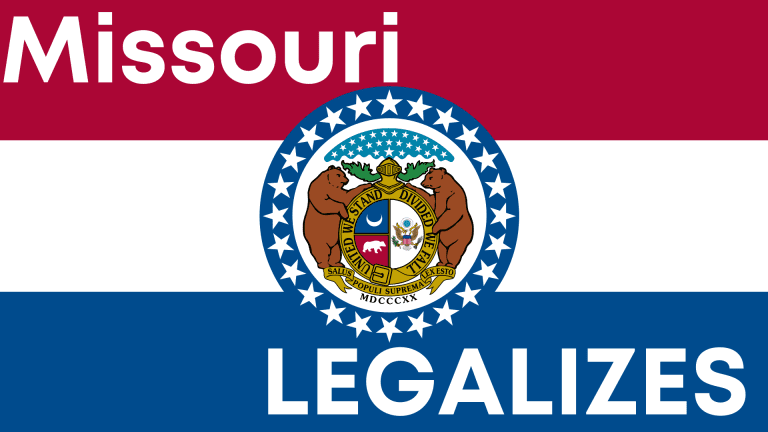The History of Hemp in America
Hemp is a plant that is a member of the Cannabis sativa species, which also includes marijuana. Unlike marijuana, however, hemp contains only trace amounts of tetrahydrocannabinol (THC), the psychoactive compound that gives marijuana its recreational properties. Hemp has a long history in the United States, with George Washington and Thomas Jefferson both growing hemp on their plantations.
species, which also includes marijuana. Unlike marijuana, however, hemp contains only trace amounts of tetrahydrocannabinol (THC), the psychoactive compound that gives marijuana its recreational properties. Hemp has a long history in the United States, with George Washington and Thomas Jefferson both growing hemp on their plantations.
Hemp was historically an important crop in the United States. In the early 1600s, the Virginia Company of London encouraged English settlers to grow hemp in Jamestown for the purpose of producing rope and sails. By the early 1800s, hemp was an important crop in many states, including Kentucky, Indiana, and Missouri. Hemp was used to make a variety of products, including rope, paper, cloth, and even fuel.
The United States government has had a complicated relationship with hemp. In the early 1900s, the government encouraged farmers to grow hemp as part of the war effort during World War I. In the 1930s, the government launched a campaign against marijuana, which included hemp in the definition of marijuana. As a result, hemp production declined.
In the 2014 Farm Bill, Congress defined industrial hemp as a cannabis plant with less than 0.3 percent THC. This designation opened the door for states to begin approving pilot programs to grow hemp. As of 2019, more than 30 states have approved such programs.
In 2018, the United States imported more than $78 million worth of hemp products, most of which came from Canada. The United States is the world’s largest importer of hemp products. Hemp has a wide range of applications. The plant can be used to make clothing, paper, biodegradable plastics, and fuel. Hemp is also being used in the construction industry, as it is a strong and durable material.
The future of hemp in the United States is uncertain. The 2018 Farm Bill removed hemp from the Controlled Substances Act, which should make it easier to grow and sell hemp products. However, the U.S. Food and Drug Administration has not yet approved hemp as a food or dietary supplement. Until the FDA takes action, the sale of hemp-derived CBD products remains illegal.







